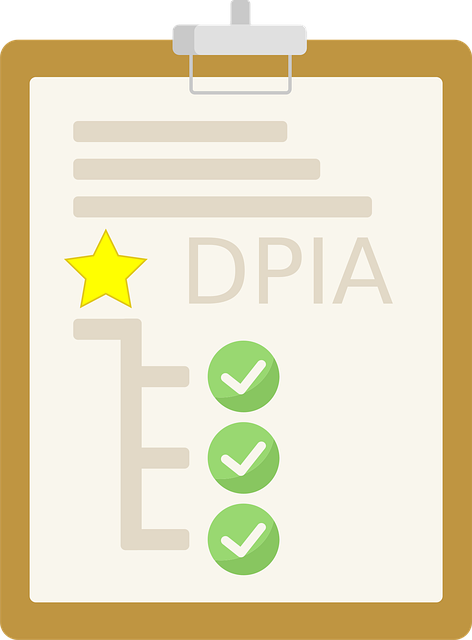Real estate transactions require proper documentation, including title searches, surveys, appraisals, zoning permits, building plans, and insurance policies, which vary by location and property type. Third-party verification through independent experts ensures transaction legitimacy, security, and streamlined deals in a competitive market. Digital solutions enhance security and simplify due diligence, fostering transparency and minimizing disputes.
In the dynamic realm of real estate, seamless transactions hinge on meticulous documentation and robust third-party verification. This comprehensive guide delves into the critical aspects of understanding documentation requirements, exploring the pivotal role of independent verifiers, and uncovering strategies for streamlining processes. By navigating these essential components, participants in the real estate market can ensure secure, efficient, and transparent property deals.
Understanding Documentation Requirements in Real Estate

In the realm of real estate, documentation plays a crucial role in ensuring smooth transactions and mitigating risks. Understanding the specific documentation requirements is essential for both buyers and sellers to navigate the process successfully. Every jurisdiction and property type may have unique paperwork needs, but certain key documents are commonly expected during the third-party verification stage. These include titles, surveys, appraisals, zoning permits, building plans, and insurance policies.
For instance, in real estate sales, a title search is vital to verify ownership and disclose any liens or encumbrances. Similarly, surveys provide precise boundary information, while appraisals assess the property’s value. These documents not only protect the interests of all parties involved but also facilitate efficient third-party verification, allowing for a more seamless transition during the buying or selling process.
The Role of Third-Party Verification in Transactions

In the realm of real estate, ensuring transactions are legitimate and secure is paramount. This is where third-party verification plays a pivotal role. Independent verification services act as an impartial arbiter, cross-checking the authenticity of documents and information provided by both parties involved in a deal. By engaging these experts, potential buyers and sellers can have increased confidence that they’re navigating a trustworthy process.
This external validation goes beyond what internal checks can offer. It involves meticulous scrutiny of crucial documents, such as title deeds, financial statements, and legal agreements, to detect any discrepancies or signs of manipulation. Consequently, third-party verification significantly reduces the risk of fraud, protects all stakeholders involved, and facilitates smoother transactions in the competitive real estate market.
Streamlining Processes for Efficient Property Deals

In the dynamic realm of real estate, streamlining processes is crucial for efficient property deals. By implementing digital solutions and third-party verification, stakeholders can significantly enhance transaction speed and accuracy. Online platforms facilitate document sharing, enabling quick access and reducing the time typically spent on manual paperwork. This shift to digital not only simplifies due diligence but also enhances security through advanced encryption methods.
Moreover, third-party verification adds an extra layer of trustworthiness. Independent experts can verify critical information such as property ownership, legal status, and financial records, ensuring all parties involved have reliable data. This process minimizes disputes and promotes a transparent environment, ultimately fostering a smoother and more secure real estate market.






